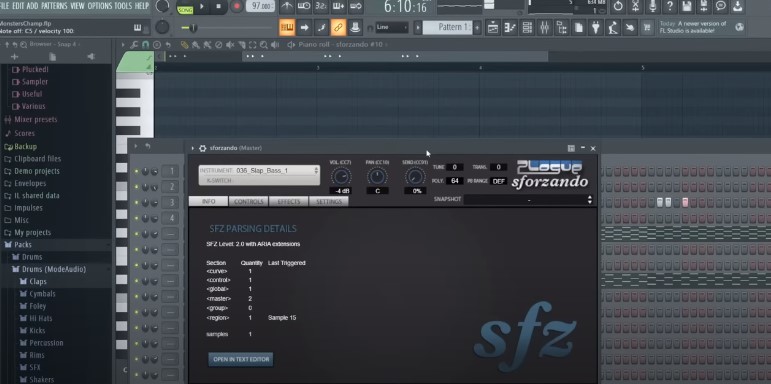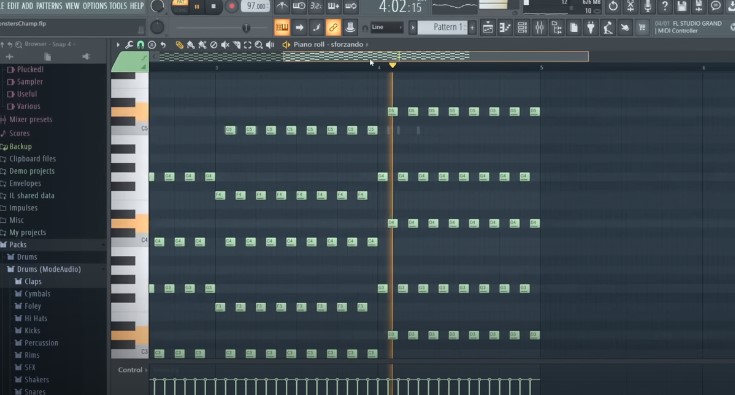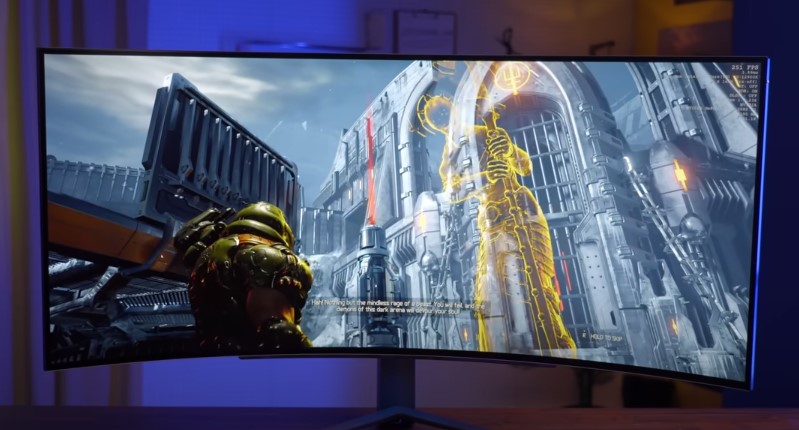Licensing a song for a game involves various factors that impact the overall cost. From the song’s popularity and duration of use to the game’s platform and distribution, each element plays a crucial role.
We will delve into these factors to provide a comprehensive understanding of the costs involved in acquiring music for game development.
How Much Does It Cost to License a Song for a Game?
Music licensing costs fluctuate based on the game company’s size and the music industry. Generally, it ranges from $600 to $1,500. Some licenses also increase with the game distribution.
For instance, a game with 3,000 copies may cost $300, while one with 100,000 copies may cost $1,000.
What is Music Licensing?
Music licensing refers to the legal process of obtaining permission to use copyrighted music for various purposes. It involves securing the rights from the copyright holder, who could be the artist, songwriter, or a music publisher, to use their music in specific ways, such as in films, TV shows, commercials, games, streaming platforms, public performances, and more.

The licensing agreement outlines the terms and conditions under which the music can be used and compensates the copyright holder for the use of their work.
What Affects the Cost of Licensing a Song for a Game?
Licensing a song for a game involves several key factors that influence the overall cost. Understanding these factors is crucial for game developers and publishers to budget appropriately and acquire the necessary music rights. Let’s explore the key elements that impact the cost of licensing a song for a game:
Song Popularity and Recognition
The popularity and recognition of a song play a significant role in determining its licensing cost. Well-known and chart-topping songs are in high demand, making their licensing fees relatively more expensive compared to lesser-known tracks.
Songs from famous artists or those that have been featured prominently in hit movies or commercials may command a higher price due to their strong association and recognition.
Game Company Size and Budget
The size and financial capacity of the game company seeking the music license are vital factors in determining the cost. Larger and more established game companies may have bigger budgets to allocate for music licensing, enabling them to secure rights to higher-priced songs.

On the other hand, smaller indie game developers might opt for more affordable options to fit their budget constraints.
Music Rights and Licensing Scope
The scope of the licensing agreement also influences the cost. There are different types of music rights, including master rights (for the actual recording) and synchronization rights (for combining the music with the game’s visuals).
The more comprehensive the licensing agreement, covering multiple rights and extended usage, the higher the cost is likely to be.
Game Platform and Distribution
The platform on which the game will be released and its intended distribution scale are crucial considerations. Licensing costs may vary based on whether the game will be available on major consoles, PCs, mobile devices, or online platforms.
Additionally, the number of copies or downloads of the game is expected to have an impact on the licensing cost. Games with wider distribution may require higher fees to accommodate the larger audience reach.

Negotiation and Rights Management
Negotiation skills and the management of music rights can also influence the final cost. Skilled negotiators may secure favorable deals with copyright [1] holders, potentially lowering the licensing expenses.
Conclusion
The cost to license a song for a game varies based on factors like song popularity, game company size, platform, and distribution. Careful consideration of these elements is crucial for budgeting and obtaining the right music rights.

